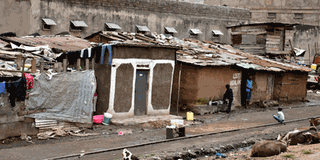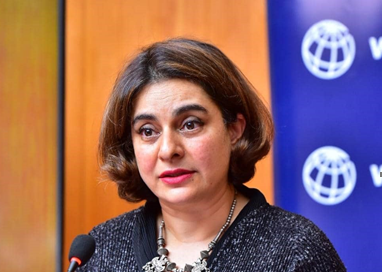Prime
40,000 lack decent housing in urban areas – minister

Some housing in Namuwongo, Kampala. PHOTO / ABUBAKER LUBOWA
What you need to know:
- The minister made the remarks during the Uganda Support to Municipal infrastructure Development (USMID) 9th programme technical meeting at Mbale Resort Hotel on Tuesday.
The Minister of State Urban Development, Mr Kania Obiga, has said more than 40,000 people in urban areas lack decent housing facilities.
The minister made the remarks during the Uganda Support to Municipal infrastructure Development (USMID) 9th programme technical meeting at Mbale Resort Hotel on Tuesday.
Programme technical committee is a policy body that guides the USMID and comprises members from 12 government agencies to offer technical and policy direction.
According to the minister, five to 10 years from now, half of the population will be in urban areas and this will worsen the situation.
“Urban areas are going to be the places where we are going to stay and so they must be developed in terms of housing, health and roads,” he said.
Mr Obiga, however, blamed the delay to complete government projects on rampant corruption.
“Select the contractor through a very fair and free process. Don’t bring your relatives to deliver substandard services or incomplete services, ” he said.
Mr Joseph Karungi, the Kamwenge District chairperson, said some projects have not taken off for the last two years due to delay to get designs.
“We have had projects like roads, markets, playgrounds, taxi parks, especially in my district that should have been constructed in the last two years but have not taken off,” Mr Karungi said.
Development
The Ministry of Lands, Housing and Urban Development is implementing the Uganda support to Municipal Infrastructure Development, additional financing (USMID-AF) programme in 22 cities /municipalities and 11 refugee hosting districts as a follow-on operation to USMI programme that was successfully implemented from FY 2013/2014 to FY 2017/2018 in 14 municipalities.
The programme was funded through a $335 million credit and a grant of $25 million from the World Bank making a total programme funding of $360 million over the five-year period.





